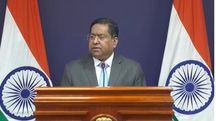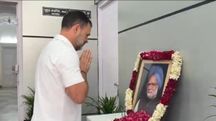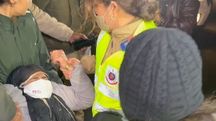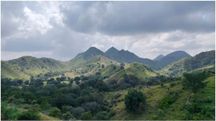Aditya L1: Stunning pictures captured by India's solar probe en route to L1
On the second day of its four-month voyage to L1, the camera captured images of both Earth and its lone natural satellite, the Moon.
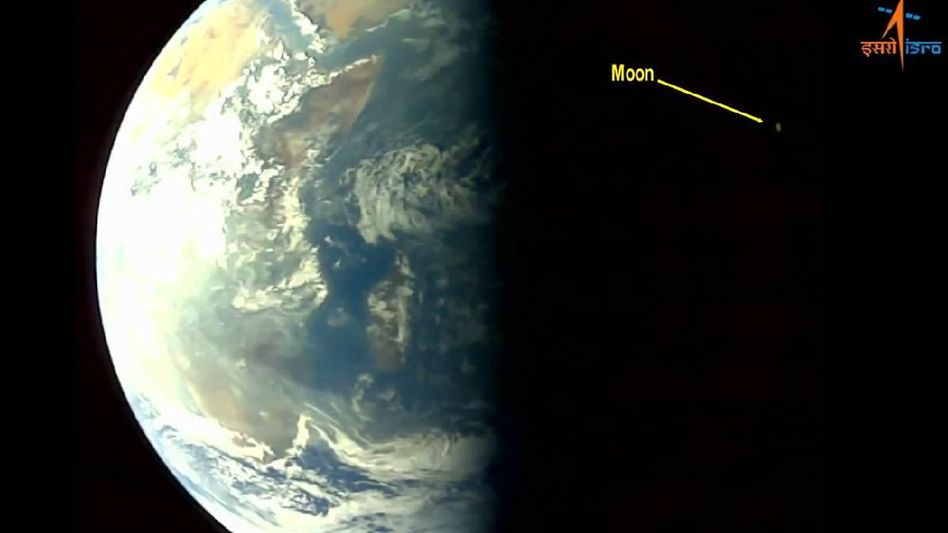 Aditya L1: Stunning pictures captured by India's solar probe en route to L1
Aditya L1: Stunning pictures captured by India's solar probe en route to L1On its route to Lagrange Point 1, or L1, India's first solar probe in orbit, Aditya-L1, shot a selfie from the space. The Visible Emission Line Coronagraph (VELC) and SUIT instruments, which make up the majority of Aditya-L1's payload, were photographed by the spacecraft's camera on September 4 according to the Indian Space and Research Organisation (ISRO).
On the second day of its four-month voyage to L1, the camera captured images of both Earth and its lone natural satellite, the Moon.
“Onlooker! Aditya-L1, destined for the Sun-Earth L1 point, takes a selfie and images of the Earth and the Moon,” Isro said in a post on X, formerly Twitter, as it shared the selfie and images of Earth and Moon clicked by camera onboard Adtiya-L1.
Aditya-L1 Mission:
— ISRO (@isro) September 7, 2023
👀Onlooker!
Aditya-L1,
destined for the Sun-Earth L1 point,
takes a selfie and
images of the Earth and the Moon.#AdityaL1 pic.twitter.com/54KxrfYSwy
In Andhra Pradesh's Sriharikota, Aditya-L1 was launched on a polar launch satellite vehicle on September 2. The spacecraft successfully completed the second Earth-bound manoeuvre on Tuesday, achieving an orbit of 282 km by 40225 km.
"Aditya-L1 Mission: The second Earth-bound maneuvre (EBN#2) is performed successfully from ISTRAC, Bengaluru. ISTRAC/ISRO's ground stations at Mauritius, Bengaluru and Port Blair tracked the satellite during this operation. The new orbit attained is 282 km x 40225 km," ISRO said in a post on 'X' in the early hours of September 7.
The following Earth-bound movement is slated to take place on September 10 at roughly 2:30 AM IST.
Aditya-L1 will be deployed in a halo orbit around Lagrangian Point 1 (or L1), 1.5 million kilometres from the Earth in the direction of the sun. Aditya-L1 carried seven distinct payloads to conduct a thorough study of the solar. Three payloads will measure in-situ parameters of the plasma and magnetic fields while the remaining four payloads will examine the sun's brightness.
Copyright©2025 Living Media India Limited. For reprint rights: Syndications Today

